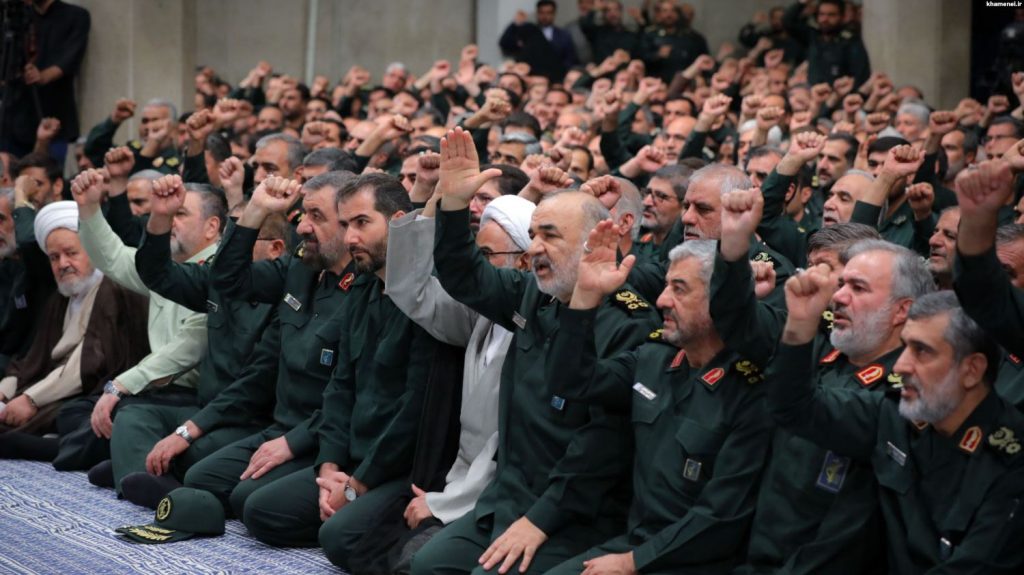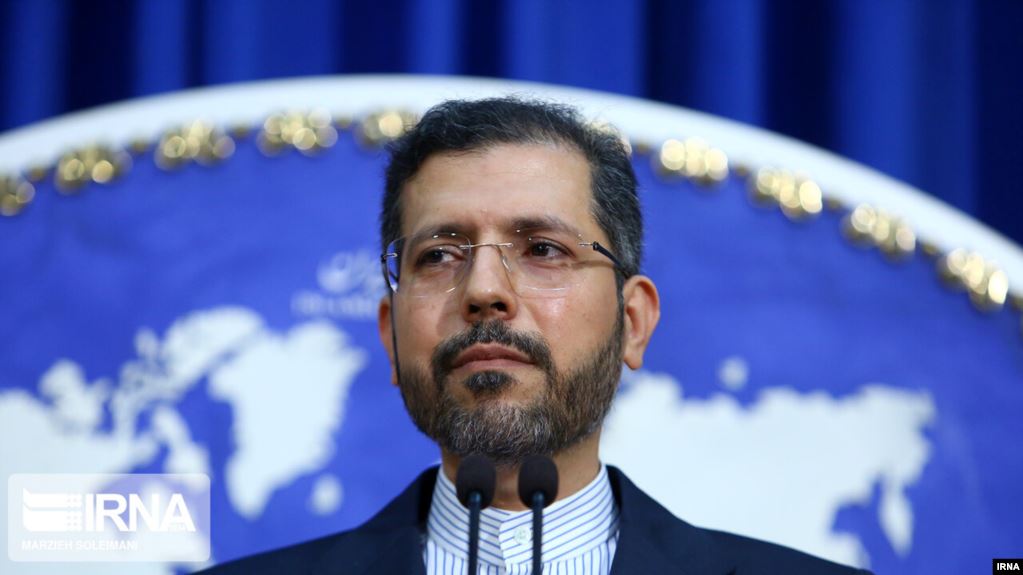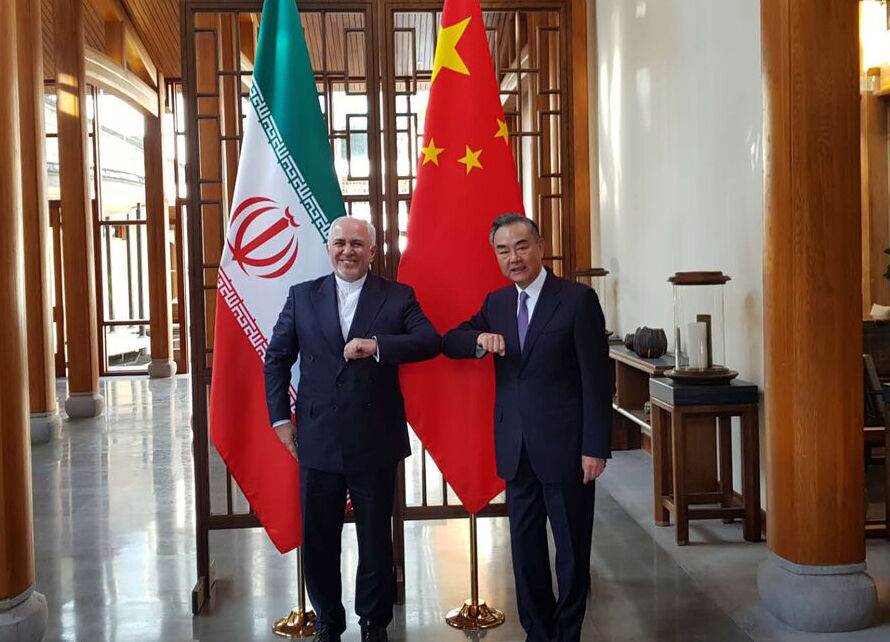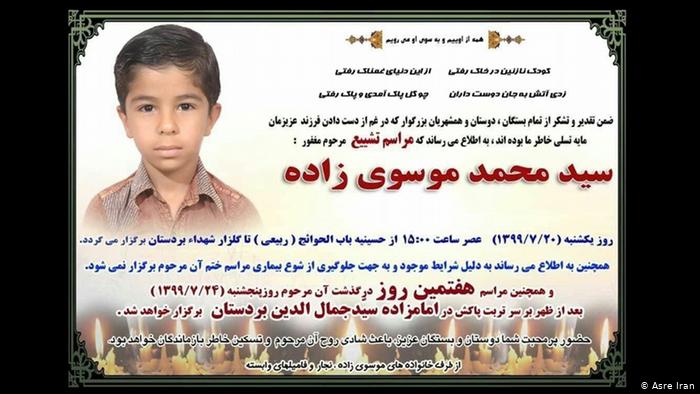
The Government Is Lazy!
The editorial of Aftab Yazd, written by former lawmaker Heshmatollah Falahatpisheh, levels criticism against the Iranian government for its passivity and indifference to people’s dreadful economic conditions.
The increase in the price of the gold coin and forex in recent weeks has raised a great deal of speculation about the government’s performance. First off, it seems that the government plays a passive role in the economy; this passivity is quite evident in the day-to-day economy when it comes to combating high prices, hoarding, and monitoring prices. It is as if the government pays no attention to how these high prices are ruining people’s lives.
On the other hand, the government is acting suspiciously in the large-scale economy, which encourages the speculation that the government is benefitting from increasing the price of the dollar and the gold coin. As the government makes its payments to people in the national currency, the rise in the price of the dollar and the gold coin means an increase in the government’s revenues. It is the people who are paying the price for the government’s economic policies.
The second subject of speculation is about the link between Iran’s economic conditions and the US presidential election. It is not true to say that the Democrats and Republicans in America are not very different; it is hard to deny that Obama was different from Trump. But in general, we cannot be optimistic about the US election.
Trump and his team have adopted policies in recent years in a way that even with the Democrats coming to power, Iran’s conditions won’t change much. In this regard, one should mention the killing of Qassem Soleimani, which will not be forgotten that easily. That will make de-escalation difficult – even if Democratic nominee Joe Biden wins the presidency.
Moreover, America has imposed 700 different kinds of sanctions on Iran, making it difficult for the next US administration to lift these sanctions. Even if Biden is elected, the differences over issues such as Iran’s strategy in the region and human rights will still deter de-escalation. So it is wrong to think that the election of Joe Biden can create a miraculous change in Iran’s economy.
In a general assessment, one can say that this government has been lazy and indifferent towards the plight of the people. It has disappointed the people and spread hopelessness in society. Now we see that people bear economic shocks every two months, and the price of the forex has increased tenfold during the past two years.
Does the Guardian Council Want People to Participate in the Election?
The editorial of Arman Melli, written by a “reformist” political activist, underscores the upcoming presidential election in Iran, suggesting what can bring the Iranian people to the ballot boxes.
There are nine months left until the presidential election in Iran. During this time, many candidates will be proposed. As for what will bring the people to the polls, so much depends on the candidates who will run for the presidency and what their views and positions are.
People may not be willing to go to the ballot boxes today. But if prominent candidates are nominated by both “reformists” and “conservatives” and if the Guardian Council acts properly, this can pave the way for the people to participate in the electoral process and go to the ballot boxes.
The level of participation in the election is a matter of honor for the government, which means it shouldn’t be low. People will take part in the election to save the government’s face to the world. That is mainly because the presidential election is not like a local election; it has global ramifications.
That means certain issues must be taken into account to increase people’s participation in the election. If candidates who will run for the presidency are politically well-known and acceptable, this will certainly encourage people’s participation. People have realized that populist slogans are nothing but demagogy. That is why they will not trust such slogans.
Educated and knowledgeable people will look at the candidates’ records. It is possible that a section of the population will be motivated by such populist slogans, but the educated will pay less attention to such demagoguery. In the upcoming election, people will pay attention to the candidates’ records and performances, and they will not vote based on slogans and campaign promises. Rather, from now on, people will vote for candidates’ records, performances, and plans.
What is important is to increase the level of people’s participation in the election, and that is possible only by improving livelihoods and increasing welfare in society.
Contradictory Logic in Governance
The editorial of Mardomsalari levels criticism at the legislative and executive branches in Iran, with the former using the so-called jihadi rhetoric in solving the country’s problems, the latter struggling with the passivity of its elderly members.
The Iranian president’s decision to call off the meeting between the heads of the three government branches provoked different reactions in the media. The government spokesperson said the meeting was cancelled because of the Parliament speaker’s visit to the COVID-19 patients in Imam Khomeini Hospital and the risk of transmitting the disease to those participating in the meeting.
Meanwhile, some think that the meeting was called off due to the Twitter war between the government’s advisers and some lawmakers. A hardline principlist network had slammed the cancellation of the meeting of the heads of the government branches, while contrasting the Parliament speaker’s trips to the provinces with the laziness of the government’s cabinet members.
Under these circumstances, the rhetoric used by politicians and statesmen in slamming their political opponents is noteworthy.
Hardline “principlists” and their supporters, particularly in the 11th Parliament, underscore jihadi and revolutionary morale, urging for the immediate and ubiquitous presence of officials on the scene. However, given the two terms of the government, the executive branch has a tendency towards expertise, experience, and long-term reforms and changes.
First off, human experience shows that the best option is to have experienced people in policy making in the legislative branch, while young people are employed in executive affairs. So criticisms leveled at the Rouhani’s government for being old and less active are apt. Nepotism or eliminating talented people has always deprived society of having the best choices.
Second is using the rhetoric of war and jihad in governance affairs. It is only fair to say that the Iranian people have sacrificed greatly. But under these circumstances, when poverty and misery have taken over society and families are facing difficulties in providing for themselves, it makes no sense [for the Parliament speaker] to go from one city to another and talk of taking jihadi measures.
Stressing and promoting the claim that if jihadi forces were in charge, the country would turn into a paradise, is nothing but demagoguery.
Livelihood Concerns of Low-income Families
The editorial of Tejarat, penned by an Ahvaz lawmaker, explains the Parliament’s bill to give money to low-income families so that they can purchase essential goods.
The current economic disarray means that we are witnessing an increase in prices on a daily basis. Either nothing is done to control these escalating prices, or the measures that are taken are not enough to have a significant impact on people’s lives. More tragic is the fact that these economic conditions have mostly impacted low-income families.
So it is incumbent on the officials to find ways for solving people’s livelihood challenges. Although the high prices of the dollar, gold, automobiles, housing, etc. cause disarray in the market, none is as important as essential goods for vulnerable groups in society.
One solution to alleviate people’s concerns is to provide essential goods to the people, which has been discussed in the Parliament. The plan for providing essential goods to the people shows how much the lawmakers care about people’s welfare.
According to the plan, a certain amount of money based on the number of members of each household will be given to the head of the household several times by the end of the year for buying essential goods.
The important issue which has caused concern among experts is how to determine the target groups. Roughly, 60 million people – in two groups of 20 million and 40 million each – have been determined for receiving essential goods.
In light of the problems that low-income families are grappling with, this plan – if implemented – can partially solve people’s problems in obtaining essential goods.

The IRGC and the 2021 Election; Military Government or Military President?

A while ago, Tabnak website published a tentative list of 10 possible “hardliner” candidates for the upcoming election, six of whom had served in the IRGC and the Basij forces: Mohammad Bagher Ghalibaf, Ali Larijani, Mohsen Rezaee, Parviz Fatah, Mehrdad Bazrpash, and Ezatollah Zarghami.
Subsequently, other names were added to the list of IRGC members who might run for the presidency: Saeed Mohammad (commander of Khatam al Anbiya Headquarters) and Hossein Dehghan (military adviser to the supreme leader).
It is nothing new that the military is angling to take over the position of the presidency and the Parliament. But what is new in the 2021 presidential election in Iran is that most of them have been former members of the IRGC.
This long line of former members of the IRGC boosts speculation that the upcoming presidential election is the best opportunity for an IRGC member to win the presidency or someone who is fully backed by the IRGC.
The IRGC is the biggest contractor in civil and economic projects, is the strongest security force, has the most extensive militia network, and has the greatest influence in the Parliament. So now it seems powerful enough to assume the highest executive position in the country.
But this path to the presidency is beset with many obstacles. More importantly, since 2001 – when former IRGC commander Ali Shamkhani ran for the presidency – until now, all candidates with military backgrounds have failed in the presidential elections: Ali Larijani, Mohammad Bagher Ghalibaf, and Mohsen Rezaee.
Under the current conditions, what is important for the IRGC is to find the right figure for the presidency. The IRGC can find this figure in a person with no military background. In that case, the IRGC will be after a military government, rather than a military president.
Foreign Ministry Spokesperson: Sanctions on Banks Causing Serious Damage

Saeed Khatibzadeh, spokesperson for the Iranian Foreign Ministry, pointed to the financial sanctions on Iran, as well as the new additional US sanctions against Iranian banks, stressing that “these decisions have caused serious financial damage for Iran.”
He added that they have been working for months to prevent these shocks, claiming that “America must compensate for all the damage caused to Iran, and people must rest assured that we will be paid back in full.” He didn’t give any further explanation in this regard.
In line with the US maximum pressure campaign against Iran, the US Treasury Department has blacklisted 18 Iranian banks that were previously exempted from some of the US restrictions.
The collapse of the Iranian national currency has reached new records in recent days, and the governor of the Central Bank of Iran recently said that the Trump administration’s strategy has had a “psychological impact” on Iran’s currency market.
Zarif Goes to China

Iranian Foreign Minister Mohammad Javad Zarif, during his visit to China, met with his Chinese counterpart Wang Yi. According to Zarif, the 25-year cooperation agreement between the two countries, preserving the nuclear deal and disagreeing with unilateralism, were among the most important issues discussed.
Zarif and Wang have discussed creating “proper ground” for multilateral talks and de-escalation in the Middle East. Without mentioning America, both sides were critical of unilateralism.
Zarif said that in the meeting with his Chinese counterpart, “We reached a good common understanding with regard to deepening bilateral relations and implementing the 25-year joint cooperation plan, protecting the nuclear deal and disagreeing with unilateralism.”
According to Iran’s Foreign Ministry, the objectives of Zarif’s trip to China included facilitating trade, discussing the coronavirus crisis, and negotiating economic and health agreements between the two countries.
China is Iran’s biggest trade partner, and along with Syria and Venezuela, it is the only country that openly buys Iran’s oil.
Despite the fact that China’s Customs Office has stopped releasing any information with regard to importing oil from Iran since August, the statistics for the first seven months of this year show that China bought 77,000 barrels of oil per day from Iran.
According to statistics of tanker tracking companies, almost the same amount of Iran’s oil –under the name of other countries – has gone to China.
According to the statistics of the Chinese Customs Office, China imported $3.85 billion worth of goods from Iran in the first eight months of this year, showing a 62 percent drop compared to the same period last year.
China’s exports to Iran reached $6 billion during the same period, showing a 7% percent decrease.
Also, Iran and China have been negotiating for months over a 25-year term strategic contract, but its details have remained secret so far.
11-Year-Old Student Commits Suicide Due to Not Having a Cellphone and Access to Virtual Classes

An 11-year-old boy in Bushehr province committed suicide because he did not have a smartphone and was unable to access virtual classes. His mother pointed to the family’s difficult financial situation, blaming the school for not helping them.
Only six weeks after reopening schools in Iran, Mohammad Mousavizadeh, a student in Bushehr, killed himself; he couldn’t take part in online classes because he didn’t have a smartphone.
His mother said that “we have just a broken mobile at home that doesn’t record videos or send audio files. That made my son hugely sad. The school principal had made promises that he would give smartphones to three students. But there was no smartphone, which is why my son did this to himself.”
Mohammad Mousavizadeh’s mother said her husband is sick, they have a disabled child and they earn their living by working in other people’s homes.
In recent years, the rate of suicide among adults, teenagers and children has been increasing in Iran because of poverty.
On the same day Mousavizadeh’s suicide was announced, an 11-year-old girl in Tehran and a 10-year-old boy in a village in the province of Ilam also committed suicide by hanging themselves – just like Mohammad.
According to the official statistics of Iran’s Legal Medicine Organization, 7 percent of annual suicides are committed by teenagers.
During the past 40 years, education has become class-conscious to an unprecedented level. Without having an abundance of money, the overwhelming majority of children do not have access to even an average education. But due to the coronavirus outbreak, many low-income families are under increasing pressure. Many students are de facto deprived of an education, while virtual classes, dubbed “Shad internet network,” hasn’t helped in resolving the issue.
According to officials, 3.5 million students do not have access to the Shad network.
